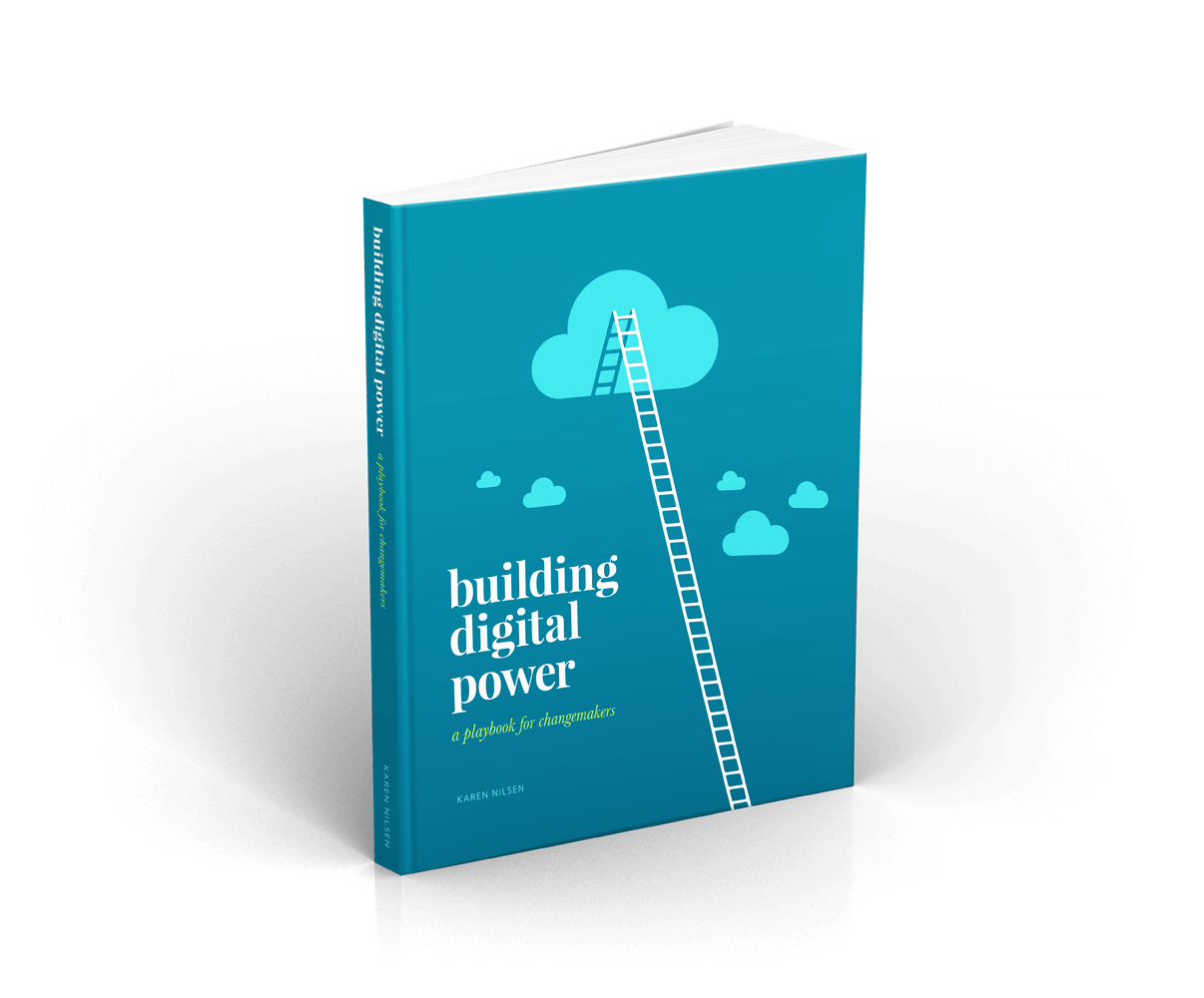Don’t Let These ‘Cognitive Biases’ Hurt Your Conversion Rates
Cognitive biases are powerful mental distortions that affect the way we think and behave. They are so powerful that they can lead people to act against their own best interests. If you understand them, you can wield them for the forces of good. If not, you and your audience will likely fall victim to them.
Some cognitive biases that are well-known to seasoned advocates include:
Urgency bias
People respond to urgent things more readily than important things. That’s why we hear about scandals (not climate change) on the nightly news.
Conformity bias
People will do something for no other reason than because other people are doing it. This can be especially challenging for changemakers to appreciate, since by definition, we sit among the early adopters of social change. However, as this incredible social experiment reveals, conformity bias is a powerful driver of human behavior. This explains the success behind social norms advocacy.
How to build your own digital power, in 200 pages.
Free eBookDefault bias
We’re more likely to preference an option if it is set by default.
Curse of knowledge bias
We tend to overestimate our audience’s background knowledge on a topic if we know a lot about it ourselves. The more we know, the more likely we are to wrongly assume how much others know.
Psychic numbing
People have a surprising tendency to care less about an issue when it affects more people (or animals). As social beings, we’re wired to care about individuals. When numbers can no longer adequately capture the gravity of a problem, empathy takes a hit. This is why communities continually rally behind individual slaughterhouse ‘escapees’, while being unmoved by the operation of slaughterhouses themselves. It also explains why crowdfunding appeals to support individuals often attract more funds than those targeting wide-scale problems affecting millions of ‘faceless’ victims. Overcome psychic numbing by describing ‘big’ problems through the lens of an individual experience.
There are dozens of others, too—each silently manipulating ours and our audience’s thoughts and behaviors. Harness those that can work for you, and circumvent those that don’t.
Was this tip useful?


Get a free weekly digital strategy tip:
Unsubscribe any time. We respect your data. View the privacy policy.
Like this tip? Share it!






